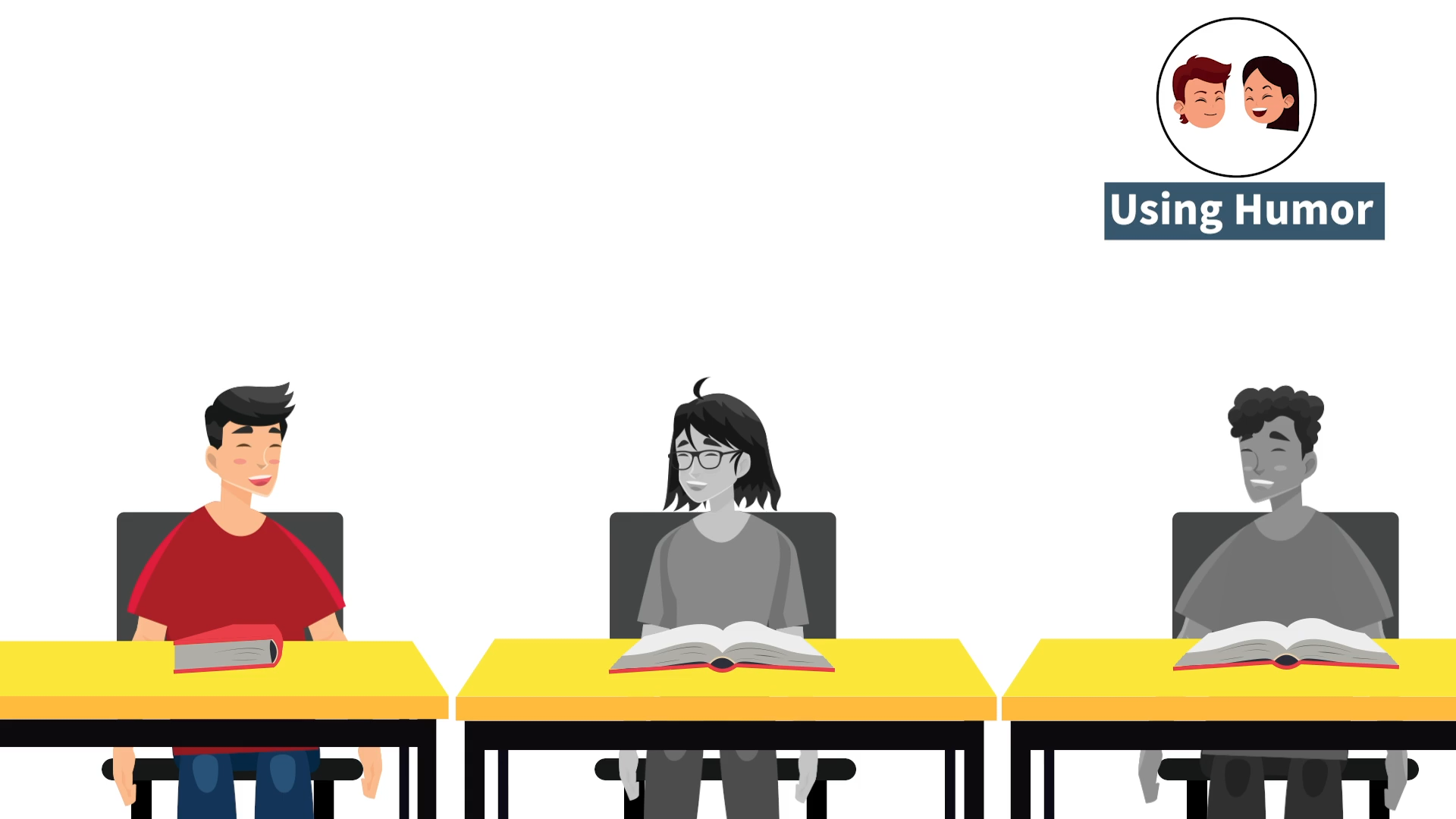
Humor plays a crucial role in building and maintaining friendships, as well as in fostering connections with others. This blog post will discuss the importance of humor in relationships, particularly for Kindergarten students, and provide an easy-to-implement activity, discussion questions, and related skills to help educators promote healthy humor usage in their classrooms.
Introduction
As educators, we know that humor is an essential component of social-emotional learning. It helps students connect with their peers, cope with stress, and navigate various social situations. However, using humor appropriately can be a challenge, especially for young learners. This blog post will explore the Do’s and Don’ts of humor, focusing on Time & Place, Reading the Room, and the Relationship Ruler to guide students in using humor effectively and respectfully.
No-Prep Activity
For this no-prep activity, you can guide your Kindergarten students through a simple game called “Funny Faces.” The purpose of this game is to help students understand the importance of timing and context when using humor.
- Begin by explaining the rules of the game. One student will be the “Funny Face Maker,” while the rest of the class will be the “Audience.” The Funny Face Maker’s job is to make a funny face, while the Audience’s job is to observe and react appropriately.
- Choose a student to be the Funny Face Maker. Have them stand in front of the class.
- Before the Funny Face Maker begins, remind the Audience to pay attention to the context (e.g., if the class is quiet and focused, it may not be the right time for laughter).
- The Funny Face Maker will then make a funny face, and the Audience will react accordingly. If the timing is appropriate, they can laugh; if not, they should remain quiet.
- Rotate the role of Funny Face Maker among the students, allowing each child a chance to participate.
This activity helps students practice using humor in the right context and understand the importance of timing when making jokes or being funny.
Discussion Questions
- Why is it important to consider the time and place when using humor?
- How can you tell if people are in the mood for a joke or funny story?
- What are some examples of jokes or funny situations that might be appropriate for close friends but not for acquaintances or strangers?
- How can using humor in the wrong context affect our relationships with others?
- Why is it important to be respectful and considerate when using humor with others?
Related Skills
Developing a sense of humor goes hand-in-hand with other essential social-emotional learning skills, such as:
- Empathy: Understanding and sharing the feelings of others.
- Active listening: Paying full attention to the speaker and showing genuine interest in what they are saying.
- Self-awareness: Recognizing and understanding one’s own emotions, strengths, and weaknesses.
- Conflict resolution: Addressing disagreements and finding solutions that benefit everyone involved.
Next Steps
Now that you understand the importance of humor in building friendships and navigating social situations, it’s time to explore more social-emotional learning skills and activities for your Kindergarten students. We invite you to sign up for free samples of various skills and activities that can help your students grow and thrive in their social interactions.





